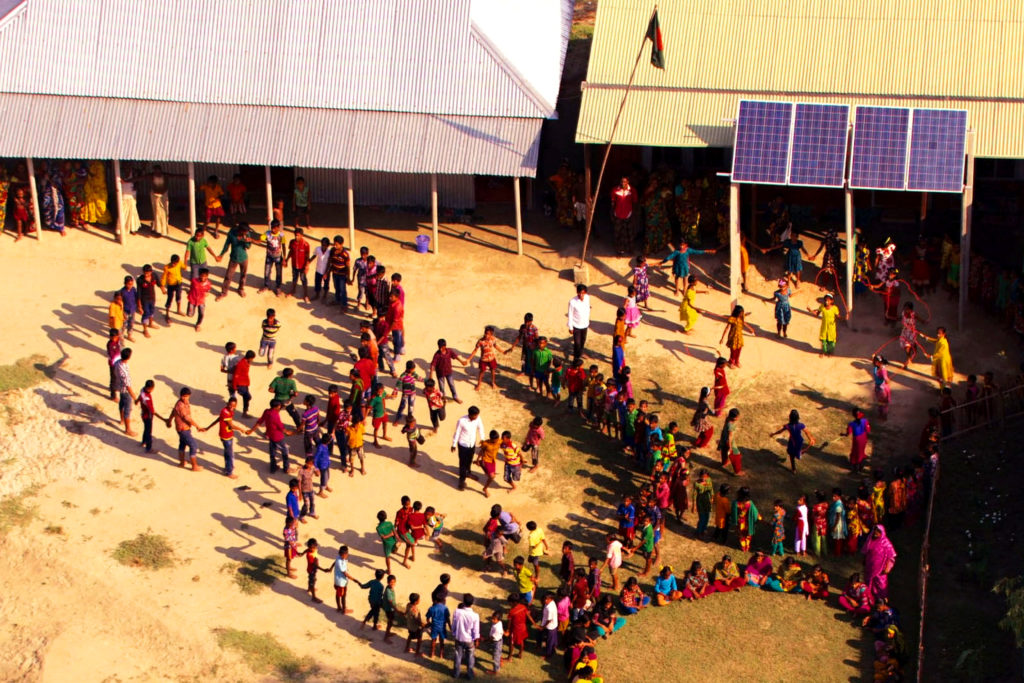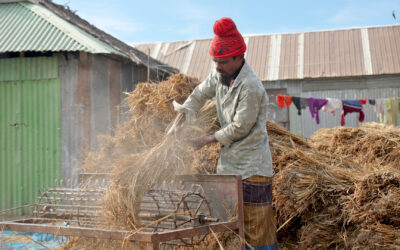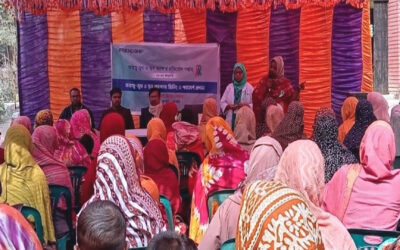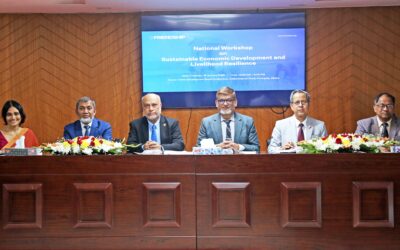Friendship School students in char areas to get virtual exchange programme with European counterparts

Friendship launched a project connecting its secondary school students from remote river island communities in Bangladesh with their counterparts 8,000km away in the south of France. The project features interactive learning sessions between French schools and Friendship schools through a series of video exchanges and live online calls. They will share knowledge on an issue that concerns children all around the world: climate change adaptation.
“Education has now become an essential tool of the global response to climate change by increasing climate literacy among young people,” said French Ambassador to Bangladesh, Jean-Marin SCHUH, at the launch event, where he attended as chief guest. “It enables decision making and plays an essential role in increasing adaptation and mitigation capacities of communities.”
The moving landscape on which Friendship schools are located is at the forefront of the climate crisis, with the resident communities vulnerable to recurring floods, erosion, storms and droughts. Many of the Friendship school students from the northern areas of Bangladesh are climate migrants who have been forced to move multiple times during their lifetimes due to the impacts of climate. Many of their peers have even been forced to leave school due to climate disasters.
“Together students from France and Bangladesh will be able to share experiences and practices in order to build a climate-resilient world,” said SCHUH.
The participants will share their respective experiences and discover the power of cooperation, empathy, and values while learning and sharing with each other the adverse immediate and long-term impacts of climate change and local adaptation measures. The programme will also help students from both countries foster intercultural awareness, and communicate with peers in a non-native language.
“It’s not only the natural environment that is so different,” said Friendship founder and executive director Runa Khan at the event. “The socioeconomic issues are so different. But humanity is the same. And it is on this belief that we thought of bringing these communities who are so different from each other. One dealing with climate impacts today, and one that is feeling it, and will face it in the future.”



